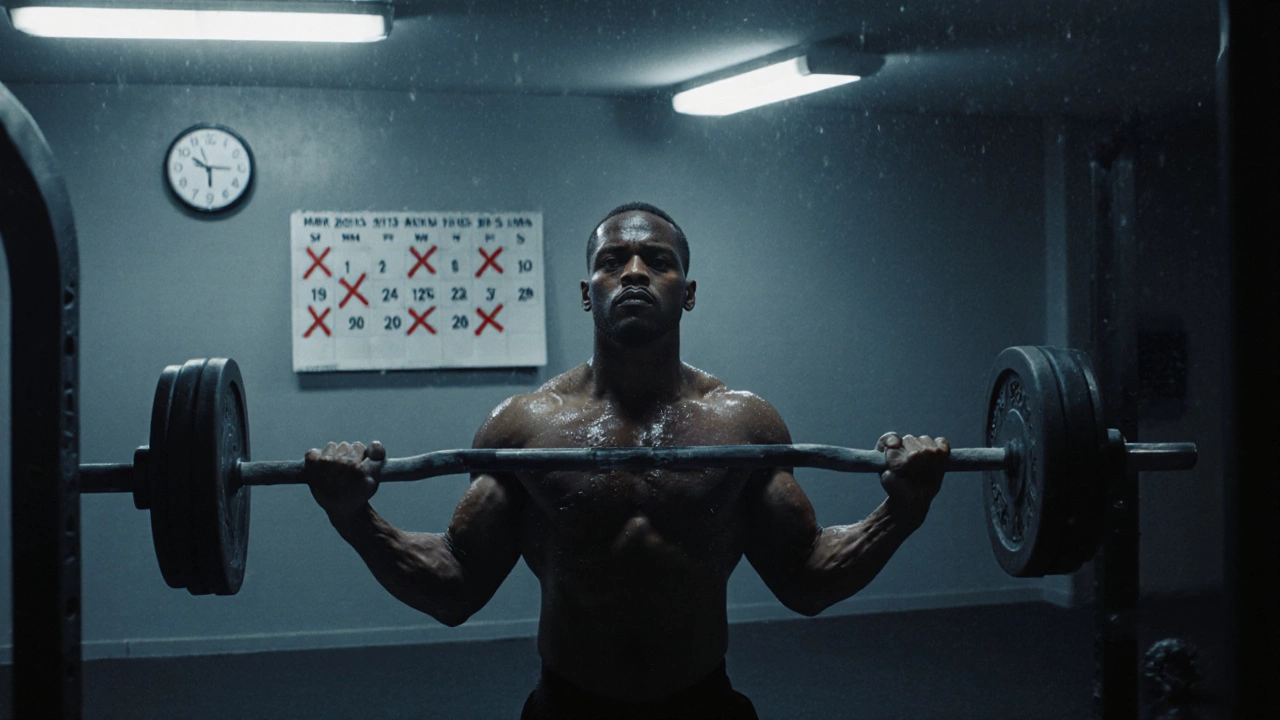Overtraining: Signs, Risks, and How to Recover
When you push your body too hard for too long without enough rest, you don’t get stronger—you break down. This is overtraining, a condition where physical and mental stress from excessive exercise overwhelms your body’s ability to recover. Also known as overtraining syndrome, it’s not laziness or lack of willpower. It’s a physiological breakdown that happens when training load outpaces recovery. Many athletes ignore the early warnings—constant fatigue, soreness that won’t quit, or a drop in performance—because they think more effort equals better results. But science shows the opposite. A 2021 study in the Journal of Sports Sciences found that athletes who trained with no planned rest days had 3 times higher injury rates than those who built recovery into their schedule.
Overtraining doesn’t just hurt your gains. It messes with your sleep, your mood, and even your immune system. You might feel irritable for no reason, get sick more often, or lose your motivation entirely. Your heart rate might stay elevated even at rest. These aren’t just "bad days." They’re signals your nervous system is running on empty. And it’s not just endurance athletes. Weightlifters, cyclists, even weekend warriors who do back-to-back intense sessions are at risk. The real issue isn’t how hard you train—it’s how little you recover. recovery, the process of restoring physical and mental function after exercise isn’t optional. It’s when your muscles repair, your hormones reset, and your energy rebuilds. Without it, every workout becomes a step backward.
Training load—the amount of stress you put on your body—is a balance. Too little and you don’t improve. Too much and you crash. The sweet spot isn’t about doing more reps or running farther. It’s about timing. Your body needs sleep, proper nutrition, and days off to adapt. Skipping rest days to "get in one more session" is like filling a bucket with a hole in the bottom. You’re pouring in effort but losing everything you gained. exercise fatigue, the temporary drop in performance caused by accumulated physical stress is normal after a hard workout. But if it lasts for weeks, you’re not fatigued—you’re overtrained.
Recovery isn’t just resting. It’s active healing: light walks, stretching, hydration, sleep, and eating enough protein and carbs. It’s listening to your body instead of your ego. The best athletes aren’t the ones who train the hardest—they’re the ones who recover the smartest. In the posts below, you’ll find real stories and science-backed tips on spotting overtraining before it hits, how to adjust your schedule, and what actually works to get your energy back. No fluff. No myths. Just what helps—and what doesn’t.
Published on Nov 3
0 Comments
Working out seven days a week might seem dedicated, but it often leads to burnout and injury. Learn why rest days are essential for real progress and how to build a smarter, sustainable gym routine.
